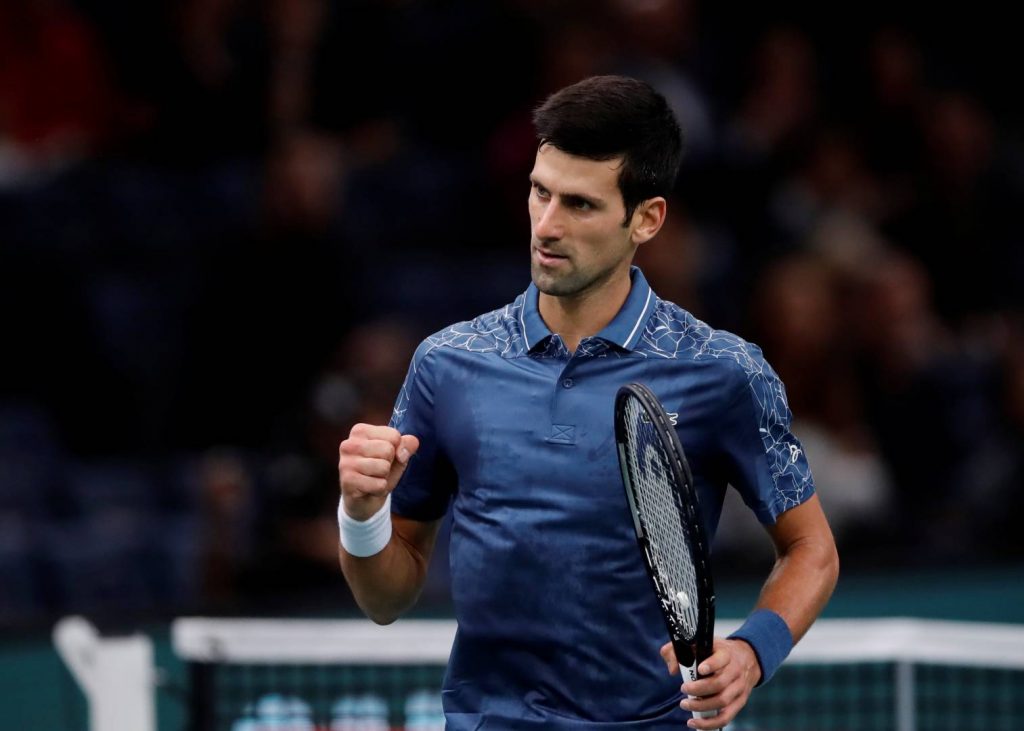There’s Nothing Ace About The Djokovic Saga
January 19, 2022
David Alexander, Founder and Managing Director of Calacus PR, explores the communications mess that was Novak Djokovic’s attempt to head down under to compete in the Australian Open, and how the country cannot go blameless in an all round sorry affair.
The Novak Djokovic crisis surrounding his entry into Australia to contest the first Grand Slam of the year has been a case study in communications mismanagement.
Djokovic has won the Australian Open nine times before and is on the cusp of becoming the most successful male tennis player in history.
So it’s no wonder that he wanted to travel to Australia despite his well-known reticence to the Covid-19 vaccines which are strictly required for those wishing to visit the country.
“Djokovic travelled to Australia in good faith after receiving assurances that his medical exemption was valid, but his claims were undermined by inconsistencies in his application.”
Djokovic travelled to Australia in good faith after receiving assurances that his medical exemption was valid, but his claims were undermined by inconsistencies in his application and reports that he had continued to mix with fans and media after receiving his positive test result.
But the conduct of the Australian government at both federal and regional level underlined a lack of communication and continual buck-passing that could have been avoided with robust preparation ahead of Djokovic’s inevitable attempts to compete in the Australian Open.
Prime Minister Scott Morrison and his regional counterparts gave contrasting interpretations of the law and responsibilities before Morrison revealed that Djokovic’s initial visa application was being rejected.
The World Number One’s plight inadvertently shone a light on the squalid conditions at Australian detention centres, having been sent to the Park Hotel in Melbourne which also houses refugees and asylum seekers.
“Certainly the decision to cancel Djokovic’s visa again was largely about saving face with Australian voters in an election year.”
Djokovic’s family then also caused problems by holding a press conference, which they ended abruptly when questions were asked about his attendance at events in the days following the December 16 positive test when he should have been in quarantine.
Explanations laid the blame for inconsistencies firmly with Djokovic’s entourage but that in itself opened up the opportunity for another visa cancellation, the appeal for which saw Djokovic finally leave Australia without hitting a ball at the Open.
A last-ditch court hearing saw judges reject the tennis star’s appeal at the weekend with Chief Justice James Allsop saying that the court’s ruling was based on the lawfulness and legality of the minister’s decision, not on the “merits or wisdom of that decision.”
Certainly the decision to cancel Djokovic’s visa again was largely about saving face with Australian voters in an election year, underlined by a News Corp poll that finished with more than 60,000 respondents, 84% of whom were in favour of the second Djokovic visa cancellation.
To his credit, Djokovic made a statement graciously accepting the final decision: “I respect the Court’s ruling and I will cooperate with the relevant authorities in relation to my departure from the country.
“I am uncomfortable that the focus of the past weeks has been on me and I hope that we can all now focus on the game and tournament I love. I would like to wish the players, tournament officials, staff, volunteers and fans all the best for the tournament.”
“Discussions between the authorities, the ATP and Djokovic could have prevented this sorry episode from escalating as it did.”
Some have suggested that even considering Djokovic’s initial application was giving legitimacy to the anti-vaccination movement, despite the player not once urging others to make the same medical choices he has made.
Kristina Keneally, a senator for the opposition Labor Party, said Morrison had made himself a “laughing stock on the world stage” by mishandling the Djokovic case.
The government’s “litany of failures,” she tweeted, had “undermined Australia’s border security settings, and provided a lightning rod for the anti-vaccination movement.”
It’s hard to argue against that, and once again it shows that it is impossible to separate sport from politics.
While Tennis Australia and the Victoria and national governments should clearly have had a plan in place, discussions between the authorities, the ATP and Djokovic could have prevented this sorry episode from escalating as it did.
Better preparation and communication could have ensured that the focus was on the tennis court rather than a court of law where no one has come out as a winner.



